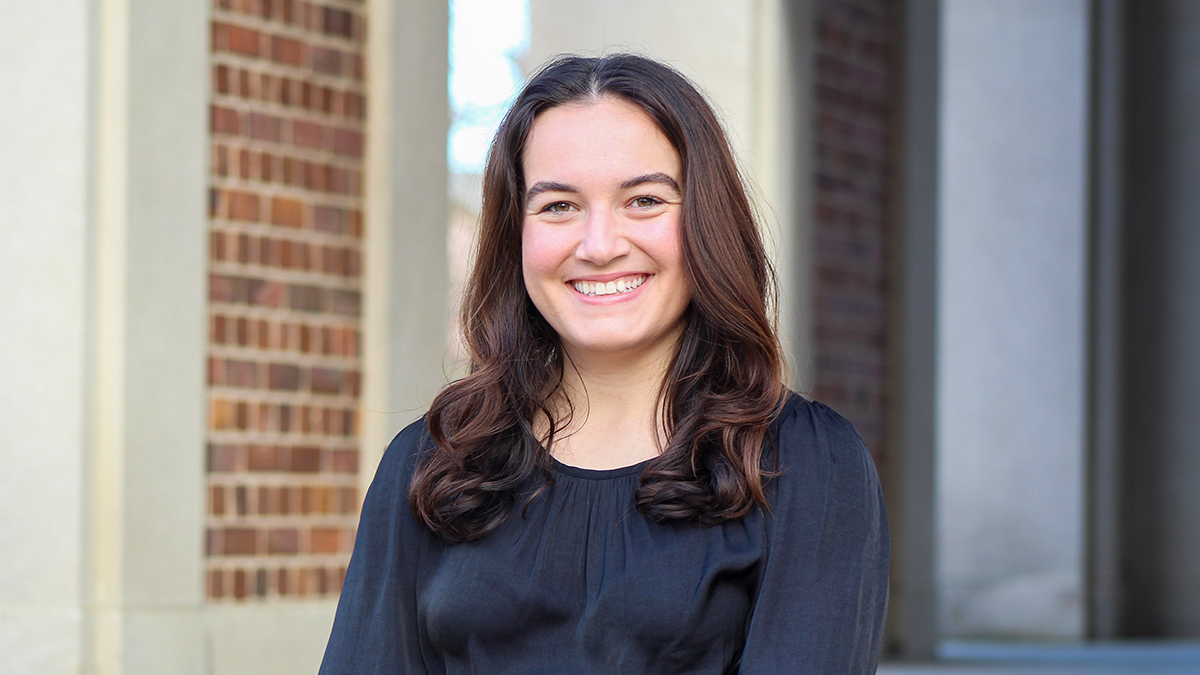An Eagle among Tar Heels
For two months, a North Carolina Central University undergraduate has been working as a Fellow, conducting cancer research alongside Carolina’s world-class faculty.
North Carolina Central University undergraduate Prince Neequaye has become a steady presence in the labs at UNC Lineberger Comprehensive Cancer Center this summer. For eight weeks, he has been working as a Fellow, conducting cancer research alongside Carolina’s world-class faculty. The research fellowship is a critical component of the Partners Cancer Research Education program.
As a unique program requirement, Neequaye temporarily resides on UNC-Chapel Hill’s campus, effectually expanding his network of scholars and peers. He has yet to unpack the boxes in his dorm room at Rams Village, but Neequaye proudly – though briefly – calls Carolina home.
“NCCU is a very small school; there I can just walk from end to end without even getting on the bus,” Neequaye said. “UNC is a very big school. You have a lot of opportunities to learn from the best.”
Lineberger, UNC Gillings School of Global Public Health and NCCU worked together to create the Partners Program. NCCU and Carolina students participate in summer intensive and academic year activities, and essentially switch campuses to broaden their cancer and public health research experiences.
UNC-Chapel Hill biology and psychology major Kirklin Smith travels to NCCU’s campus for his research fellowship. He said it is an incredible opportunity to make connections beyond the Carolina campus and to stand out as a Tar Heel at North Carolina Central University.
“I think the biggest thing that has surprised me about this program is how involved I actually am with the research process,” Smith said.
For both Smith and Neequaye, conducting research – more specifically, cancer research – was unexplored territory before joining the Partners program.
Now in his second year in the program, Neequaye feels most at home in the labs at Lineberger.
“Coming to this program, it really gave me the opportunity to learn and understand the mechanics of the human body in terms of diseases, how to treat them and how all those things come together,” Neequaye said.
In addition to working directly with Principal Investigators in the lab setting, program participants get professional development and networking opportunities, get practice drafting personal statements and delivering research talks, and have access to a community of researchers from all over the country. The program’s goal is to increase the number of students focused on molecular-and population-based cancer research and the number of faculty members working on minority health disparities. It is funded by the National Cancer Institute.




